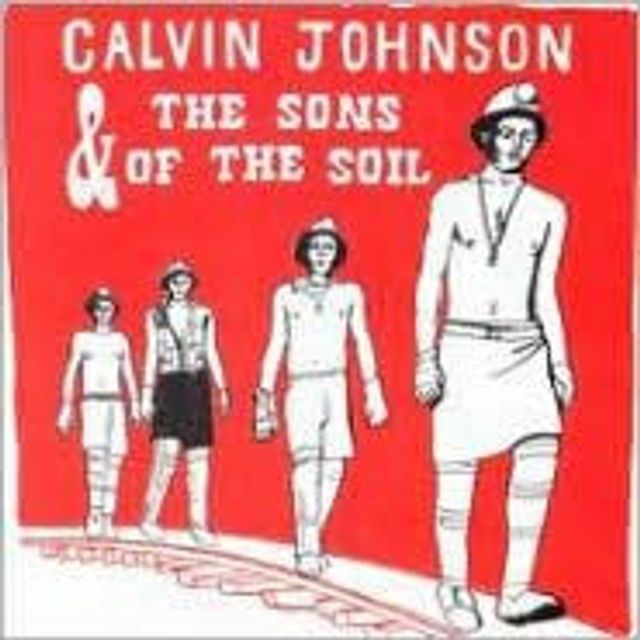Home
Harvest Son: Planting Roots in American Soil
Barnes and Noble
Harvest Son: Planting Roots in American Soil
Current price: $22.95


Barnes and Noble
Harvest Son: Planting Roots in American Soil
Current price: $22.95
Size: OS
Loading Inventory...
*Product information may vary - to confirm product availability, pricing, shipping and return information please contact Barnes and Noble
"[E]vocative and lyrical. . . . Masumoto writes with a keen sense of indebtedness and gratitude to the many individuals who make up the entity he calls his family."—
Publishers Weekly
, starred review
David Mas Masumoto, best-selling author of
Epitaph for a Peach
, returns to the same ground but digs even deeper in a new, "more ambitious book" in which "he lets his philosophy about man and nature emerge from an absorbing chronicle of his life and that of his Japanese antecedents" (
The Economist
). This is a book about working alongside the ghosts of generations past, about the search for roots in the tragic history of internment camps and in the rural culture of Japan. It is equally about renewal-reinvigorating the farm with organic techniques, teaching his children how to carry on the work that eighty acres of peaches and grapes demand. Masumoto knits past and present to achieve a rare and essential harmony: holding on to what matters, despite the pressures of time and change. "Take your time, linger" with the book, counsels the
San Diego Union-Tribune
, "Masumoto's serene tales . . . are like a balm." He is a "remarkable" author, sums up
The Atlantic
, "with a field, and a sensibility, peculiarly his own."
Publishers Weekly
, starred review
David Mas Masumoto, best-selling author of
Epitaph for a Peach
, returns to the same ground but digs even deeper in a new, "more ambitious book" in which "he lets his philosophy about man and nature emerge from an absorbing chronicle of his life and that of his Japanese antecedents" (
The Economist
). This is a book about working alongside the ghosts of generations past, about the search for roots in the tragic history of internment camps and in the rural culture of Japan. It is equally about renewal-reinvigorating the farm with organic techniques, teaching his children how to carry on the work that eighty acres of peaches and grapes demand. Masumoto knits past and present to achieve a rare and essential harmony: holding on to what matters, despite the pressures of time and change. "Take your time, linger" with the book, counsels the
San Diego Union-Tribune
, "Masumoto's serene tales . . . are like a balm." He is a "remarkable" author, sums up
The Atlantic
, "with a field, and a sensibility, peculiarly his own."


















